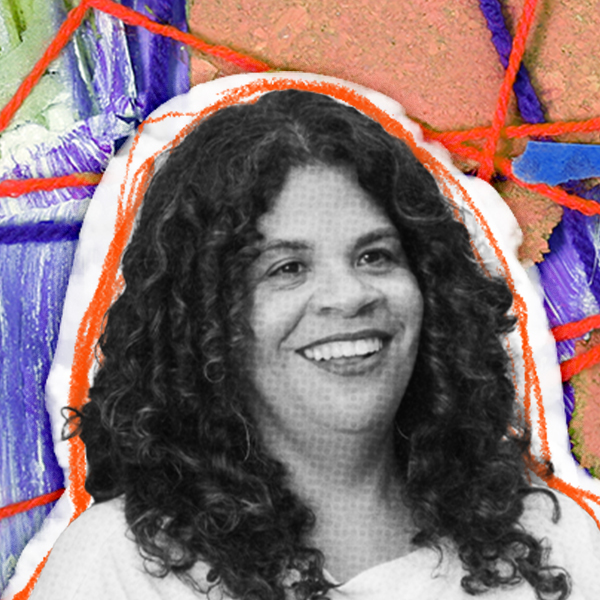Doctor of Clinical Psychology, Certified Hypnotherapist, & Life Coach
I use my skills in EMDR (Eye Movement Desensitization and Reprocessing), NLP (Neurolinguistic Programming), Time Line Therapy, and EFT (Emotion Free Therapy), combined with hypnosis and talk therapy to treat patients with a variety of issues including anxiety, smoking, career problems, survivors of abuse, and more. I also occasionally do public speaking events, volunteer, and write books in my spare time.












